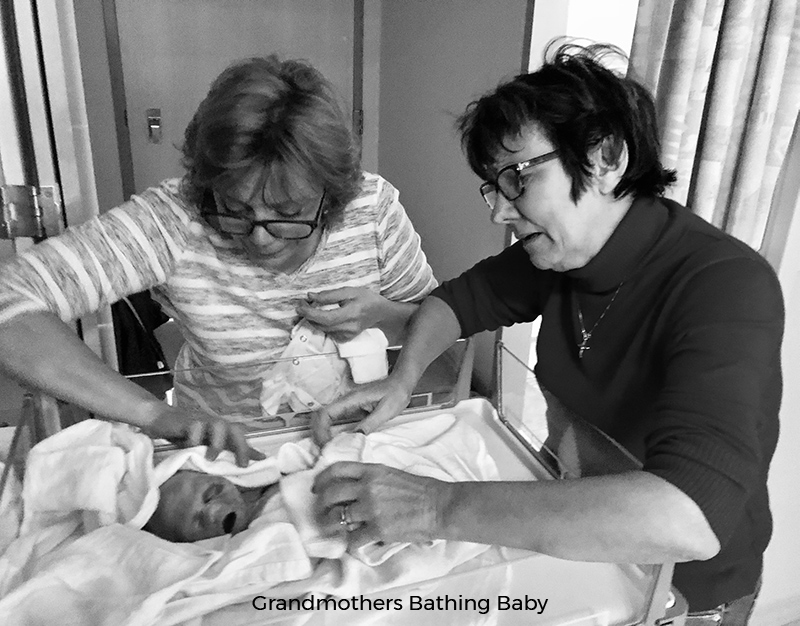Stillbirth
There are nearly 26,000 stillbirths in the US every year. In Pennsylvania, a pregnancy loss that takes place after 16 weeks gestational age is considered a stillbirth. The national average is 5.96/1000 births; for black women, that number doubles. Pennsylvania's average is higher, at 6.7/1000, exceeding 800 stillbirths per year. Over half have no known cause. Stillbirth is one of the most unexpected tragedies one can experience. It is important to have someone who understands your feelings and pain. This can be difficult for partners and family because they, too, are grieving, all in very different ways.
Making the time together with your baby count
The short time spent together saying hello, and goodbye, is something that families will look back on and cherish forever. Making the most of this time is one of the most important things we can do to help parents begin to process their grief. Parents naturally want to nurture, protect, and socialize their baby, and we encourage parents to take all the time they need to do just that. We present opportunities to make memories and care for the newborn in a way grieving parents may not have thought of or thought possible. Most people have a lifetime to make memories, these families have hours or just a few days. The gift of time has been given in this situation to thoughtfully plan the baby’s funeral and make it meaningful and personalized. Instead of a baby shower, a blessingway can be arranged that celebrates the life of the birthing person and baby.
"The end of grief is not severing the bond with the dead child, but integrating the child into the parent’s life and social networks in a different way than when the child was alive."
– Klass, 1998


